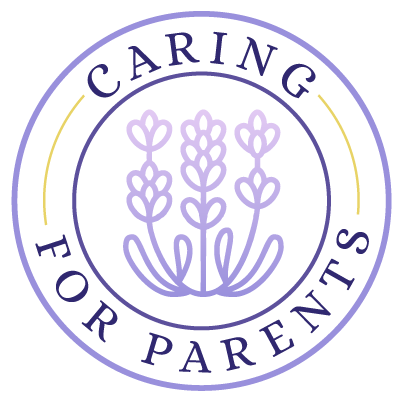Managing medications for older adults can be challenging, especially if they have multiple health conditions and take multiple prescription drugs. Here are some tips for managing medications for older adults:
- Keep a list of all medications: Make a list of all the prescription drugs, over-the-counter medications, and supplements that the older adult is taking. Include the name of the medication, dosage, and when it is taken. Keep the list up-to-date and bring it to all doctor appointments.
- Use a pill organizer: A pill organizer can help ensure that the older adult takes the right medication at the right time. There are many different types of pill organizers available, from daily pill boxes to weekly pill organizers.
- Set reminders: Use reminders to help the older adult remember to take their medication. This can be as simple as setting an alarm on their phone or using a medication reminder app.
- Talk to the pharmacist: Pharmacists can be a valuable resource for managing medications. They can answer questions about drug interactions and side effects and provide advice on how to take medications.
Donating medications is not recommended as it is illegal and can be dangerous. When medication is donated, it is difficult to know how it was stored and handled, and it may have expired or been contaminated. Instead, medications should be disposed of safely. Many pharmacies and police stations offer medication disposal programs where you can drop off unused medications. It is important to never flush medications down the toilet or sink, as they can contaminate water sources.
For more information, refer to the FAQ, How to Safely Dispose of Prescription Medications.





